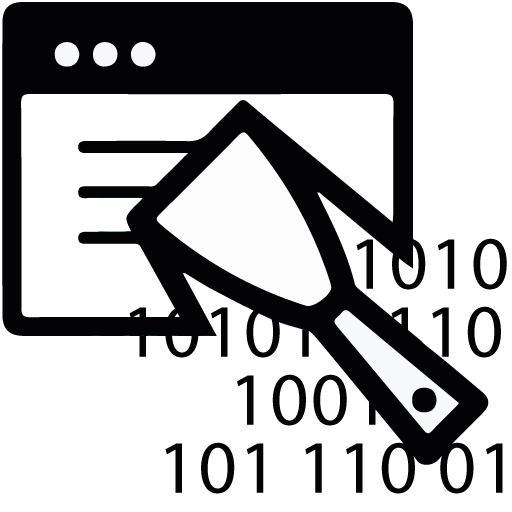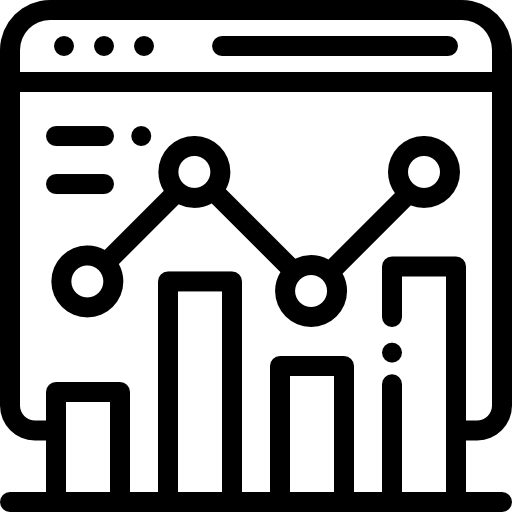What is Web Scraping?
Most businesses these days use data collection in their workflows. Web scraping is in popular demand, whether for making better, data-driven decisions or transferring data between platforms. Put simply, if you’ve ever copy and pasted data from a web page, you’ve done the same action as any web scraper, only on a small and manual scale. The manual acts of data collection are in the past as web crawling and scraping have become the go-to automated means. Web scrapers are tools built to request and extract large quantities of data from target web pages or APIs in no time.
How do Web Scrapers work?
The web scraping process in 3 main steps:

1. Make HTTP requests for websites

2. Extract and transform data from web pages

3. Store extracted data in a custom format
The scraping process is constantly developing to become more efficient and autonomous. Currently, artificial intelligence and machine learning are proving useful in the data-gathering industry. For example, the technology can now bypass challenges, including solving CAPTCHAS without human input.
What is Web Scraping used for?

Market research
(real estate, manufacturers, eCommerce, news)
Web scrapers can be used to collect insightful information from across the internet. Scraping can gather knowledge about market trends and business strategies from all over the world. Marketing departments may use scraped data reports to keep their own campaigns up to date.
Price monitoring/intelligence
As well as general market research, scraping is also used in the process of automated price monitoring. Price intelligence is used among many businesses, such as eCommerce, to keep up with competitors’ latest product pricing and deals, monitor outsourced materials, etc.
Read more on price monitoring here.

Search engine bots
Search engines, such as Google, use bots (scrapers) to gather a massive amount of information and index websites on their search engine results pages (SERPs) based on their algorithm.

SEO monitoring
Scraping is also valuable for monitoring search engine optimization (SEO) factors from web pages. These scrapers can track the rankings and progress of a company’s website from SERPs. Ultimately, helping marketing departments gauge the success of their web content.

Brand protection
Another possible use for a scraper is to monitor and protect your brand’s image. Suppose you have specific policies that need to be monitored or simply want to see how your brand is perceived online. A custom scraper can assist you in gathering relevant data through the public code of websites.

Business automation
Complex internal systems can benefit from using scraping to simply grab data from the right places on command or with a schedule. Automated extraction and data aggregation can be valuable for businesses wanting a smooth workflow across their own or their partners’ platforms.
Is Web Scraping legal?
The legality of scraping depends on the nature of the data you want to gather.
A general rule to follow when web scraping is to limit your targets to publicly available, non-sensitive, and non-copyrighted data.
Generally, it’s best to research the data you want to download and whether you would be violating any laws or individual policies. This applies to all data, whether publicly available or not, to avoid unnecessary issues in the future.
At Soft Surge, we only take on projects that follow the ethical processes of scraping and do not violate any laws or policies.
Conclusion
To summarise, any automated data extraction method includes scraping directly through targeted web pages or a given API. Web scraping is a process that requests and extracts data from targeted web pages through HTTP. After extracting the data, the scrapers store them for a plethora of possible uses. Some relevant scraping business uses include market research, price monitoring, search engine bots, SEO monitoring, brand protection and business automation.
Web scraping is perfectly legal when done correctly. The critical factor in ethical scraping is ensuring the data scraped is not restricted by any laws or policies prohibiting downloads.
Our sub-brand DataSearch is dedicated to all your scraping, crawling and data aggregation needs. Use our services to help you get the data you need with simplicity and ease.


